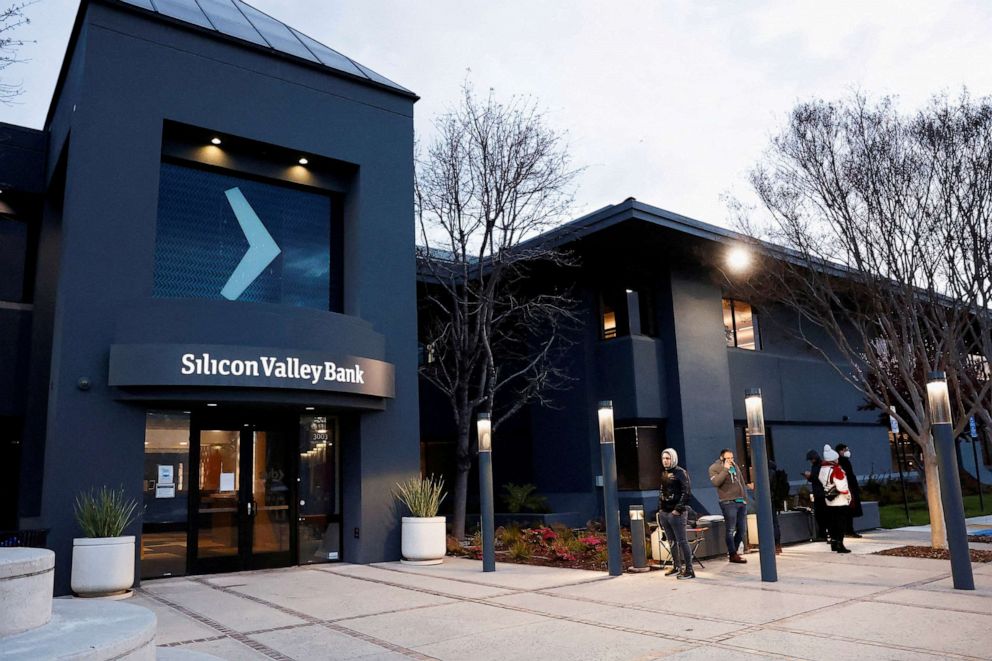Experts weigh in after First Republic Bank shares plunge
Turmoil in the financial system returned this week as shares of First Republic Bank, the nation's 14th-largest lender, plummeted more than 75%.
The selloff took hold after the bank revealed that depositors had fled en masse last month after the collapse of Silicon Valley Bank, the largest U.S. bank failure since the 2008 financial crisis.
The ongoing distress at First Republic rekindled questions about whether the banking industry has regained solid footing or teeters on the brink of wider failure.
While the financial system remains under stress, experts said, the current unrest is unlikely to pose a systemic risk, since the damage is contained within a relatively narrow group of banks vulnerable to high interest rates and depositor panic.
Still, the ultimate outcome is difficult to predict, in part because the extent of the fallout depends on how depositors respond to the possible failure of additional banks, such as First Republic, some experts said.
Here's what's happening in the banking industry right now, and whether the crisis has passed, according to experts:
What is happening in the banking system right now?
Many of the forces behind the Silicon Valley Bank collapse, experts said, continue to put pressure on the banking system: high interest rates, concern among uninsured depositors and the potential for social media chatter that escalates panic.
As the Fed aggressively raised interest rates over the past year, the spike dropped the value of Silicon Valley Bank's Treasury bonds and mortgage bonds, punching a hole in its balance sheet.
Because Silicon Valley Bank served a relatively concentrated group of tech startups and venture firms, many of whom held uninsured deposits, a disclosure last month of the bank's financial losses sparked a panic that quickly escalated into an old-fashioned bank run.
First Republic, which specialized in long-term mortgage loans to affluent homebuyers, faced the same exposure to high interest rates and fear among depositors with uninsured deposits, experts said.





Comments
Post a Comment